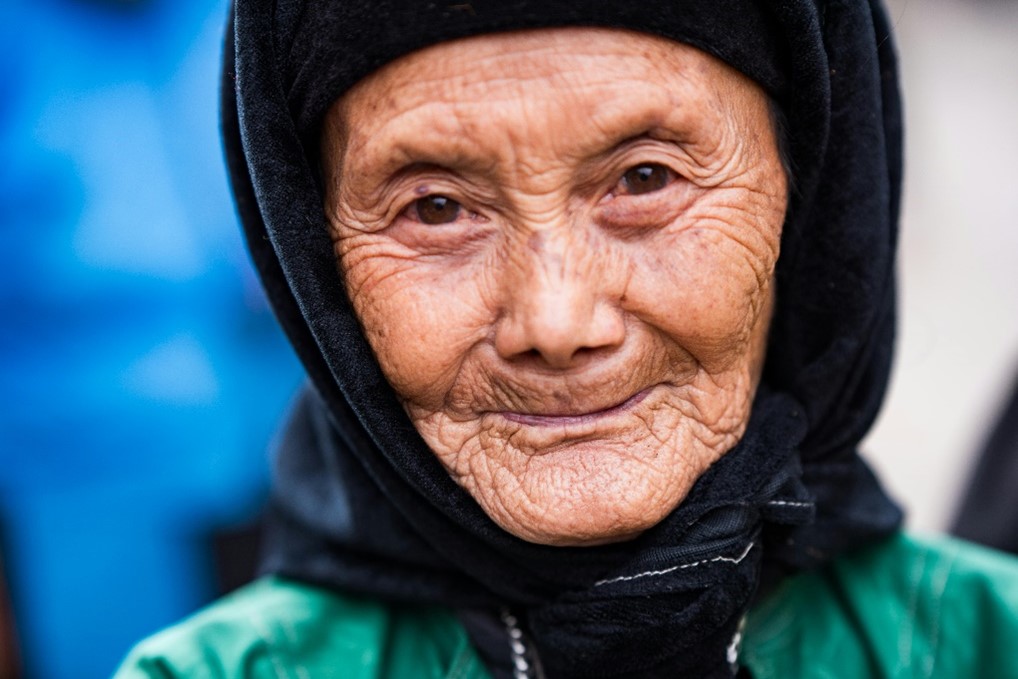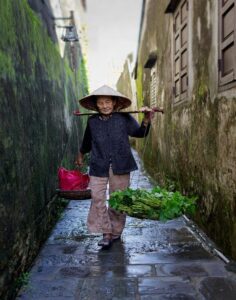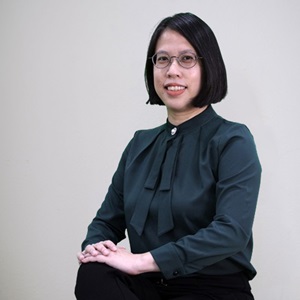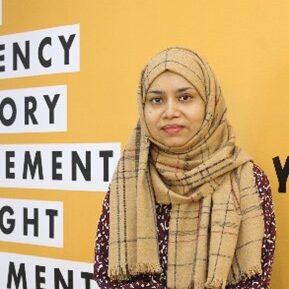
The world is moving towards an aging society where the number of aging populations is projected to be 1.5 billion in 2050. In Malaysia, aged nation can be defined as those who are 60 years and above. In year 2020, 7 percent of the Malaysia population are 65 years and above and it is projected that this numbers are to increase to 14% in year 2044 and 20% by year 2056 (World Bank, 2020). Hence, based on the trajectory, Malaysia will transform to be an aged nation in another 25 years.
Imagine that you are already in your 60s and retired, what are the three most important things that enable support mobility and independence? Well, that would be health, wealth and age-friendly infrastructure that improve accessibility.
First let’s talk about health. Maintaining good health can significantly enhance the quality of life in older adults. Good physical and mental health enables elderly to engage in activities that they enjoy, remain independent and be socially active. Nonetheless, as people age, they often face increased health challenges and face the increasing risk of chronic diseases, particularly diabetes, high-blood pressure, high cholesterol, stroke, cancer, to name a few. Maintaing good health among the elderly is achievable through a combined effort in building positive lifestyle habits, making the right lifestyle choices and having a regular schedule for health check-ups. Even though aging is inevitable, many people can enjoy health well in their later years.


Besides that, awareness, and initiatives on wealth management for aging population in maintaining lifestyle need to be emphasized, as some of the aging population no longer have a steady source of income. The aging population must consider the substantial and significant medical expenses. As people age, they often face increased health challenges, which require frequent medical visits, ongoing treatments, and specialized care. This financial burden can strain personal finances and public healthcare systems alike. In 2014, the economic burden of healthcare utilization by an older person was estimated to be around RM 3 billion, which represents around 0.34% of total GDP in 2014 and it is projected to reach RM 21 billion, approximately 1.08% of total GDP in 2040. The current healthcare costs worldwide are marked by a rapid significant upward trajectory. I believe most of us have experienced the pinch of increased medical costs each time we visit the hospitals, a session with the chiropractor, annual medical checkup and so forth. In fact, Aon Global Medical Trend Rates Report 2024 stated that the medical inflation rate in Malaysia was reported at 15% in 2023-2024. Hence, reinforcing the importance of financial readiness of our aging population.
Additionally, comprehensive urban planning needs to be developed to support the elderly. Cities should be redesigned with age-friendly infrastructure to improve accessibility and overall quality of life for seniors. Health care facilities, retail shops, public transport, and other amenities should be easily reachable to reduce the physical strain on elderly individuals. Incorporating features like low-step entrances, ramps, improved signage, and accessible public transportation options can make a significant difference in enabling older adults to live independently and comfortably. By addressing these factors, we can help create a more inclusive and supportive environment for the aging population, ensuring they can enjoy a higher quality of life and maintain their independence as they grow older.
As we are facing a demographic shift with an increasingly aging population, it is imperative for us to plan and prepare for the future. The healthcare demands, economic pressures and the need for aging friendly infrastructure require strong support and effort from all the stakeholders in society. Addressing the needs of the elderly with empathy and strategic planning, we can change this demographic challenge as an opportunity for growth and resilience.

Dr. Theresa Ho Char Fei is a Senior Lecturer at Azman Hashim International Business School, UTM. Theresa has published her research works in renowned international journals such as Journal of Asia Pacific Business, Global Business Review, Journal of Relationship Marketing, Business Strategy Series, and Journal of Entrepreneurship Education. Her research interests are in the areas of Entrepreneurship, SMEs, Intellectual Capital and Organisational Behaviour. For more information about her research and publications,

Dr. Teo Poh Chuin joined the Azman Hashim International Business School (AHIBS), Universiti Teknologi Malaysia (UTM) as a Senior Lecturer in 2019. Her research expertise include marketing, consumer behaviour, branding, international business and sustainable consumption. For more information about her research and publications,

Dr Farzana Quoquab is an Associate Professor at Azman Hashim International Business School, UTM. She is an active researcher and expert in green and sustainability marketing related issues. For more information about her research and publications,

